In the Academy’s 92-year history, only five women have been nominated for an Oscar in the Best Director category and only one has actually walked away with the coveted golden statue. This speaks to the erasure and exclusion of women from positions of power, not only in Hollywood, but in almost every industry and field.
In the Arab and Muslim world, where women face unprecedented challenges to their civil liberties and individual rights, female filmmakers have always been the keepers of the MENA region’s feminist history.
These Arab and North African filmmakers have paved the way for generations of women in film and weren’t always recognized for it. But in centering female narratives, they have smashed glass ceilings and challenged the patriarchal limitations imposed on women’s creativity, easing our societies into necessary conversations about female representation and gender equality.
Nadine Labaki
Undoubtedly one of the most accomplished filmmakers to ever emerge from the Middle East and North Africa, Nadine Labaki has paved the way for many Lebanese, Arab and North African women in film.
In 2019, she became the first Arab woman to ever be nominated for an Academy Award in the Best Foreign Language Film category with her universally acclaimed drama Capernaum (2018), which was also named among one of The Guardian’s Best 100 Films of the 21st Century.
But the actress-turned-director has been breaking new grounds and blazing her own trail long before that. Her directorial debut, Caramel (2007), premiered at the Cannes International Film Festival, opening to rave reviews for its fearless portrayal of five Lebanese women navigating love and sexuality in Beirut. Caramel also became an essential feminist film because it featured a lesbian character, which represented an important cultural moment in Arab film history.
In 2011, Labaki ruffled the right feathers again with the dramedy Where Do We Go Now? which offered a fearless and honest portrayal of Lebanese sectarianism, all while paying homage to the unsung and unrecognized women who truly make the world go round everyday.
Annemarie Jacir
One of the most prolific Palestinian filmmakers, Annemarie Jacir’s career spans over 30 years, during which she has explored themes of belonging and diaspora in Palestine. Like many film directors, Jacir uses filmmaking and storytelling as a form of activism.
A vocal critic of the Israeli occupation and a staunch supporter of Palestinian independence, Jacir’s filmography can be seen as a cinematic treatment of the Palestinian cause. Jacir first burst on the internationals film scene with the devastatingly tragic 2003 short Like Twenty Impossibles, which became the first Arab film to be featured in the Official Selection of the Cannes International Film Festival.
Jacir kept breaking new grounds for Palestinian women in film. In 2008, she became the first Palestinian woman to direct a feature film with her critically-acclaimed drama Salt of This Sea, which earned her nominations for the Cannes Film Festival’s Un Certain Regard and Golden Camera awards.
The decorated film veteran further cemented her role as one of the keepers of Palestinian storytelling with the family drama Wajib (2017) and When I Saw You (2012), which celebrates the audacity, hopefulness and endurance of the Palestinian identity, even in the diaspora.
Haifaa Al Mansour
Haifaa Al Mansour is perhaps the most eminent Saudi director of all time, going down in history as the country’s first female filmmaker and the woman behind Wadjda (2012), the first film to be shot in its entirety in the kingdom.
Exploring feminist themes, the 2012 dramedy follows the story of a young girl trying to raise money to buy a bicycle, and, in the process, coming face to face with the many limitations imposed on her gender identity by Saudi culture. In Wadjda, Mansour projects her own fearlessness and gumption onto the screen and creates a film that speaks to women and girls everywhere.
Mansour then made her mark in Hollywood in 2018 as a woman of color in film by centering female characters and narratives through projects like the eponymous Mary Shelley biopic and the romcom Nappily Ever After, which celebrates Black beauty.
Kaouther Ben Hania
One of the most intrepid North African women in the film industry, Kaouther Ben Hania made a name for herself as a daring storyteller and filmmaker, exploring themes and subjects few directors would.
Rising to international fame with projects like her 2013 mockumentary Le Challat de Tunis (2013), which follows the filmmaker’s search for a slasher who targeted women on the streets of the Tunisian capital throughout 2003.
Ben Hania wowed critics again in 2017 with her feature film Beauty and the Dogs, which follows a story of a survivor of sexual assault struggling to get justice against the police officer who raped her. The film was chosen as Tunisia’s official entry for the Best Foreign Language Film category at the 91st Academy Awards and was nominated for the Un Certain Regard Award at the 2017 Cannes International Film Festival.
The trailblazing Tunisian director is once again regenerating buzz with her gripping drama The Man Who Sold His Skin (2020), which earned her the Edipo Re Award at the Venice Film Festival and the Best Arab Film award in the Gouna Film Festival.
Jehane Noujaim
Egyptian-born director Jehane Noujaim is perhaps one of the best directors of her time. Receiving international renown for her critically-acclaimed 2014 documentary feature Control Room, which explored Al Jazeera’s coverage of the United States’ war in Iraq, Noujaim emerged as a cinematic force to be reckoned with.
The Lebanese-American director would cement her reputation as a master of cinéma vérité with the Oscar-nominated documentary film The Square (2013), which chronicled the struggle of Egypt’s human rights defenders for freedom and democracy during the January 25th uprising and the turmoil that followed.
The 2013 documentary features North African and Arab narratives and contemporary issues to the fore and centering these themes in her filmmaking, making it one of the most powerful forms of activism and raising awareness.
Noujaim once again made waves with the 2019 documentary feature The Great Hack, which she co-directed with her husband, Egyptian-American filmmaker Karim Amer. The critically-lauded documentary examined the Cambridge Analytica scandal and the firm’s nefarious practices to manipulate public opinion, as well as the threat it posed to democratic rule everywhere.
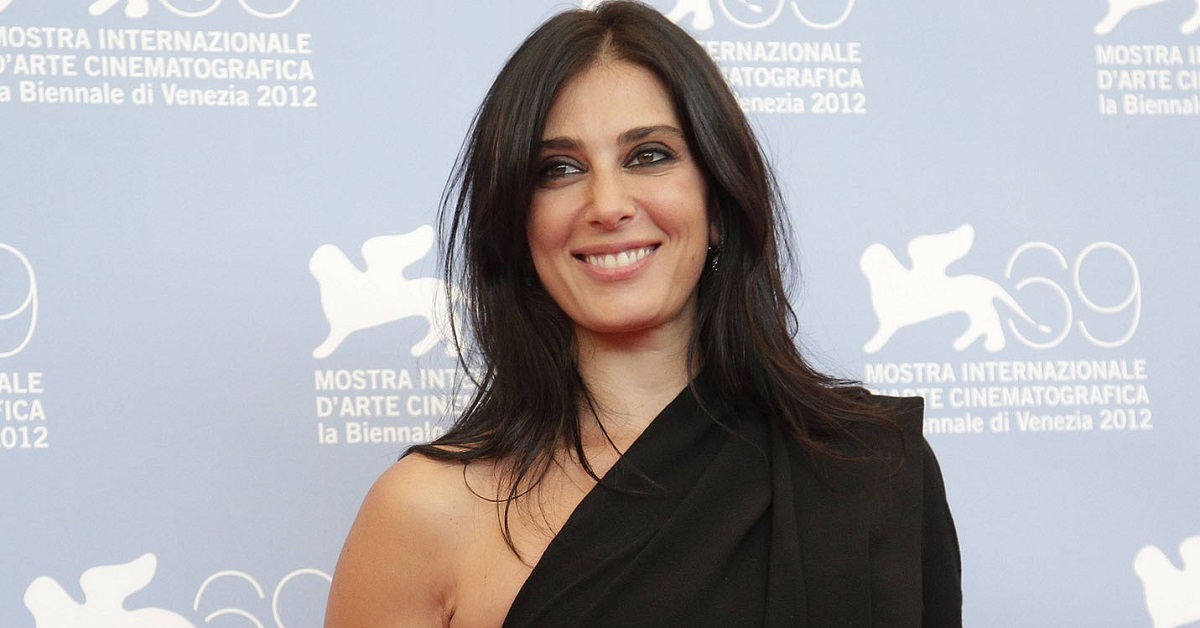
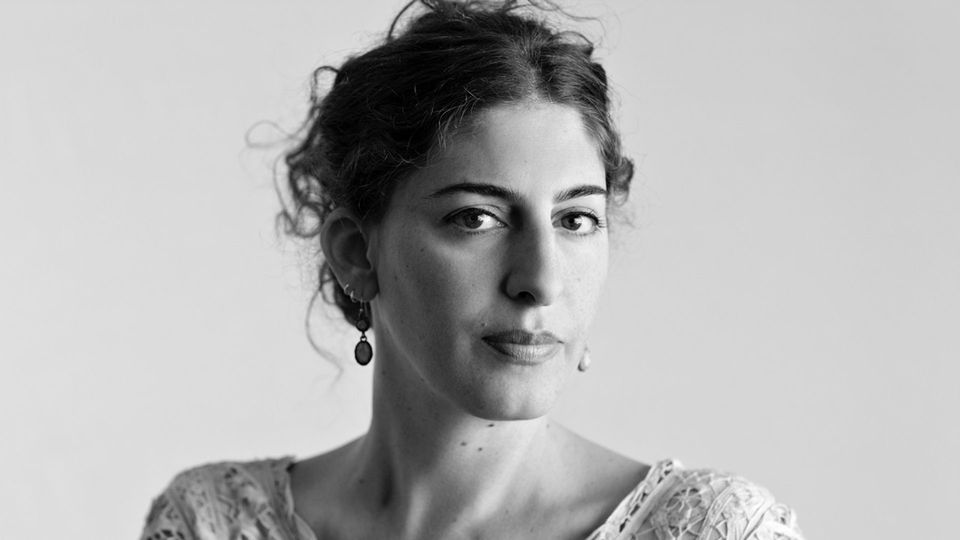
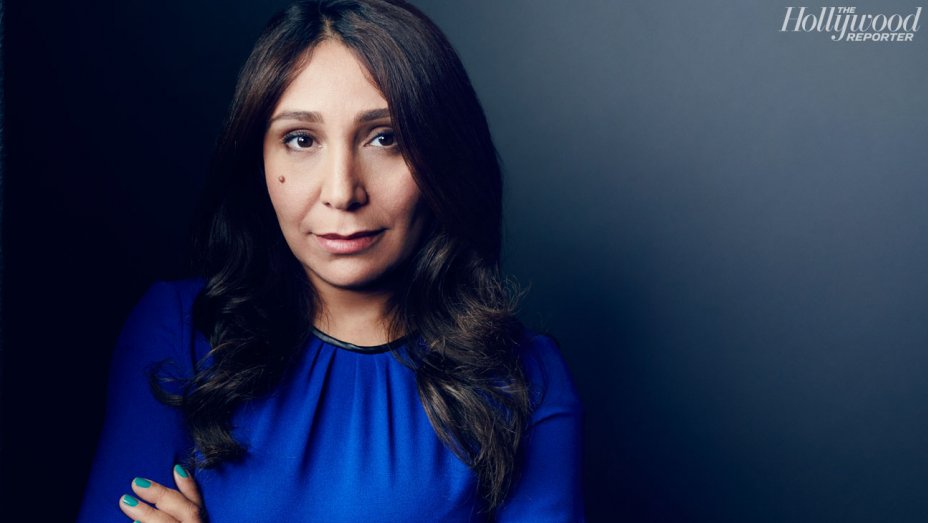
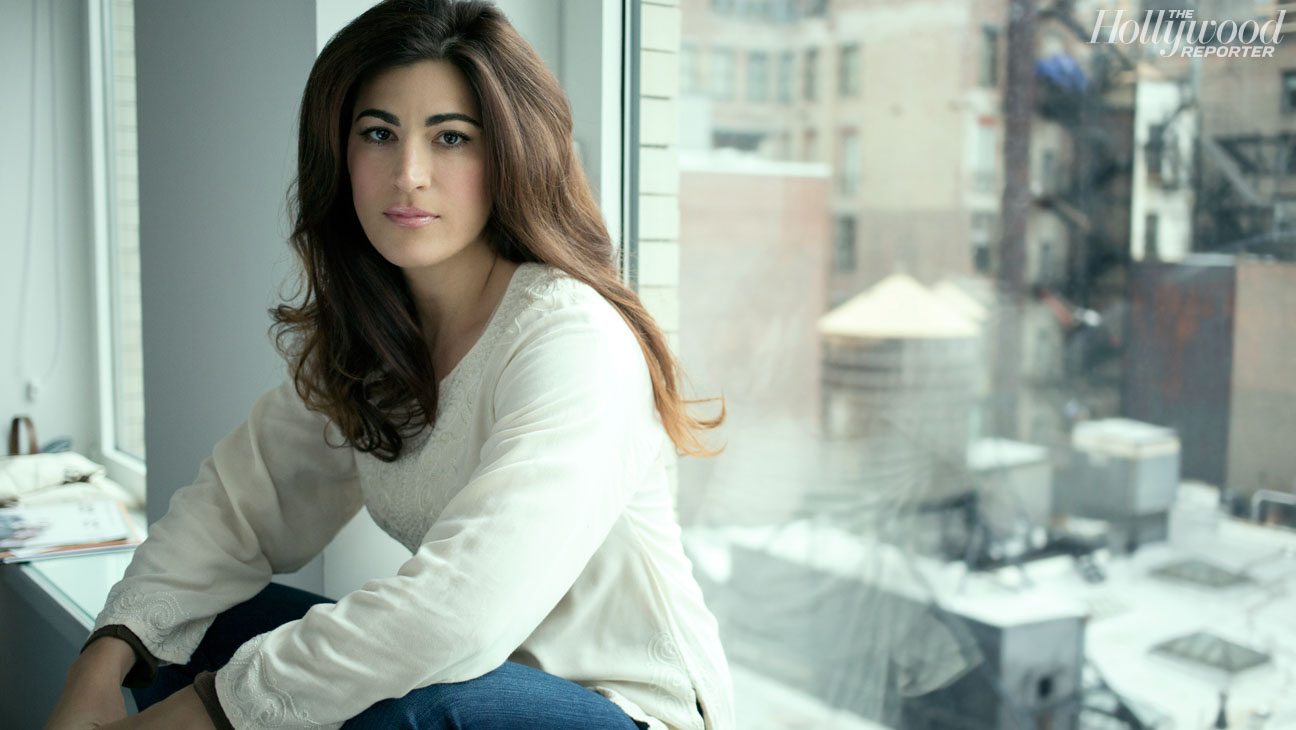



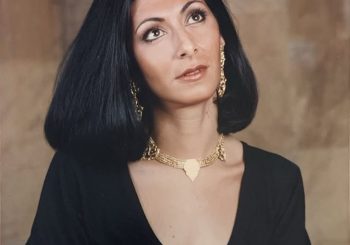
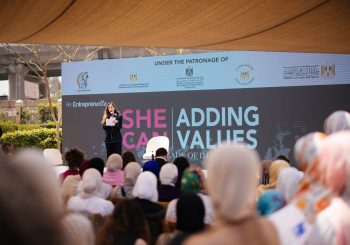

Comments (3)
[…] In the Arab and Muslim world, where women face unprecedented challenges to their Continue reading at source website […]
[…] 5 of the Best Arab and North African Women Filmmakers Egyptian Streets […]